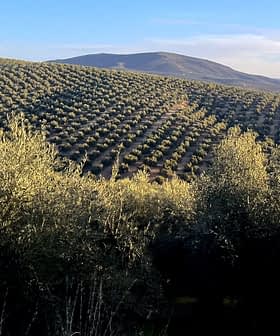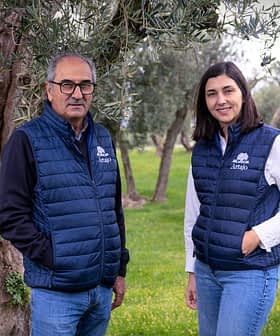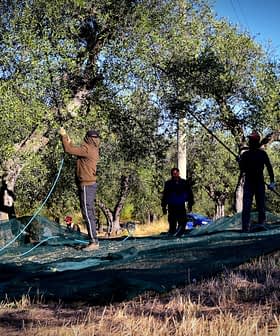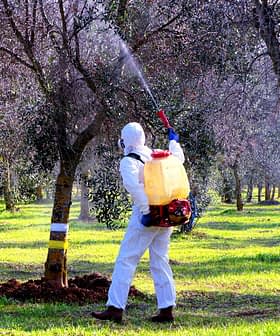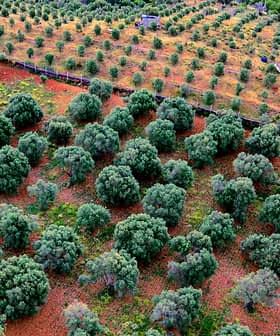 7.9K reads
7.9K readsNews Briefs
Extra Virgin Olive Oil Sales in Spain Fell by 40 Percent in 2023
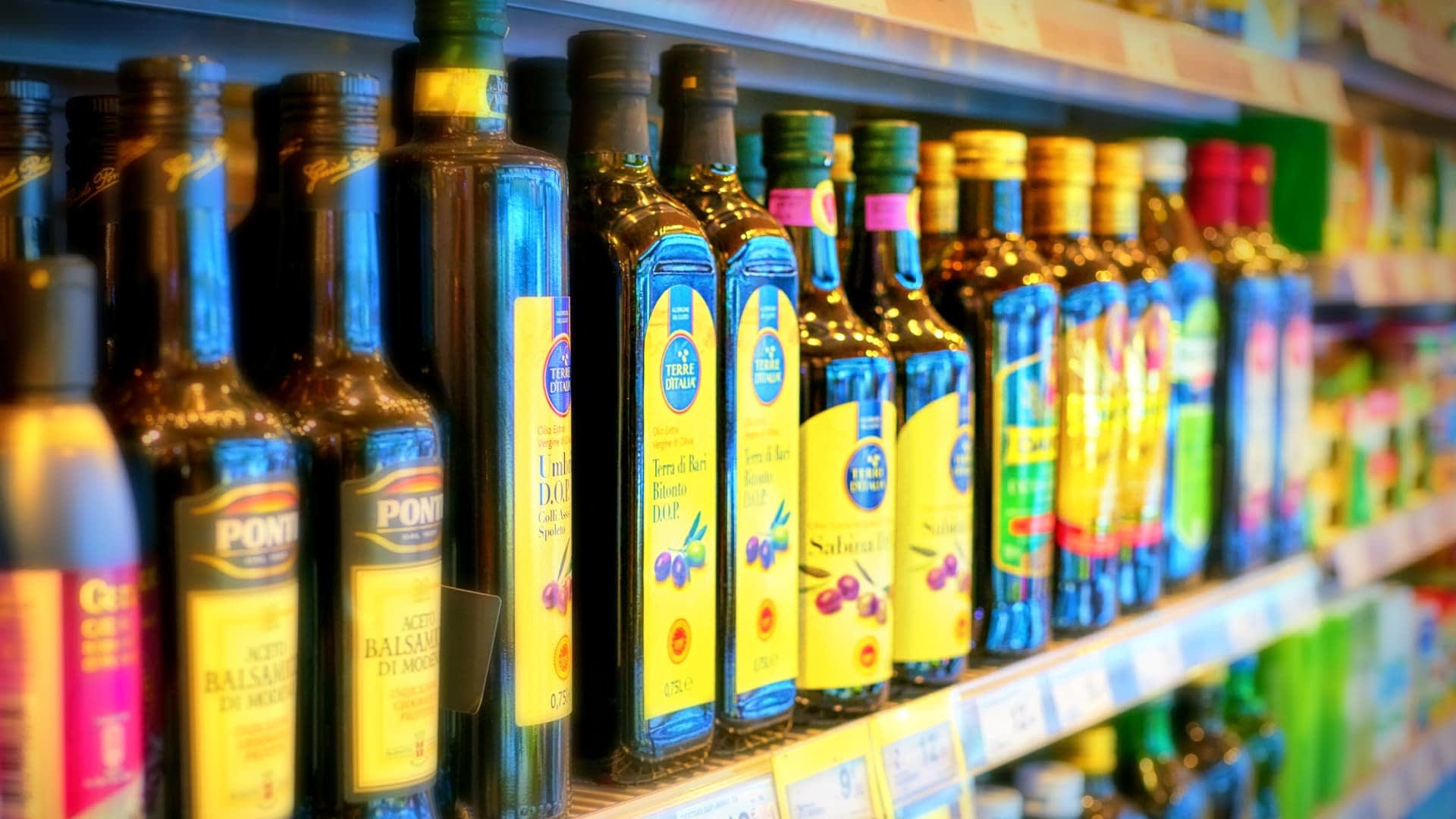
Inflation in Spain has led to significant increases in the cost of living, particularly impacting the olive oil sector with substantial price hikes and a drop in demand for olive oils, while consumers are actively seeking promotions and comparing prices to cope with the rising costs. Despite a slight increase in overall sales, the Spanish consumer goods market saw a slowdown in sales growth, particularly in sectors like food, with rising prices affecting various products differently, leading to changes in consumer preferences and purchasing behavior.
Inflation, driven primarily by increased manufacturing costs and poor harvests, has significantly impacted the cost of living and the spending behavior of Spanish residents.
Despite consumers being in savings mode, actively comparing prices and seeking promotions, the average annual household shopping basket has surged by €800 over the past year, according to Nielsen IQ’s study.
The olive oil sector, especially extra virgin olive oil, has witnessed substantial price hikes, with increases of 79 percent, 69 percent and 60 percent for extra virgin, virgin and non-virgin olive oil, respectively.
See Also:Soaring Expenses Strain Producers in Southern EuropeConsequently, demand for these oils dropped significantly: 41 percent for extra virgin olive oil, 14 percent for olive oil and 11 percent for virgin olive oil. These figures are estimated to constitute the most significant sustained drop in demand since the turmoil of the Spanish Civil War in the 1930s.
Sales shifted to alternatives such as sunflower oil, which experienced a 16 percent demand increase, coupled with a 36 percent price decrease compared to November 2022.
However, olive pomace oil demand soared by 70 percent despite an 18 percent price hike, suggesting a strong reluctance to abandon such an iconic family of oils altogether.
In November 2023, Spanish consumer goods sales rose by eight percent, and average prices increased by six percent, marking the lowest variations of the year, as per Nielsen IQ data.
Despite overall positive growth of slightly more than one percent, the three main sectors saw a slowdown in sales growth, with food leading in expenditure, experiencing an eight percent increase in sales, slightly lower than the previous double-digit growth.
This was accompanied by a seven percent rise in average prices and a marginal one percent increase in volume sales.
Javier Ferrer, resident of Valencia, said that his elderly mother finds the increased food cost particularly hard to bear.
“I worry for her health,” he said, “She survived the Covid-19 [pandemic], but she’s old and not very strong. Now her diet is poorer because everything is so expensive, and I can’t help much because I’m also now almost penniless.”
Such concerns were already widespread. In a major 2022 study, Save the Children warned that diet quality in Spain was experiencing an unprecedented decline due in part to the complex effects of the Covid-19 pandemic but primarily because of socioeconomic factors, which have been exacerbated by the rampant inflation in 2022 and 2023.
Certain sectors that usually see sharp increases in sales in the lead-up to the Christmas period, such as drugstores, perfumeries and beverages, reported only moderate sales value of seven percent each.
Demand data showed similar patterns in these categories, with a one percent increase in volume sales for beverages, drugstore products and perfumery, with average prices increasing by about six percent each.
Among the goods most affected by inflation in November, drugstore products topped the list with a 23 percent increase, followed by oil at 23 percent, baby foods at 20 percent and olives and pickles at 15 percent.
Products including grated cheese experienced an eight percent price drop, followed by washing accessories at seven percent and kitchen and toilet paper at six percent.
Private brands grew by almost 11 percent in value by the end of November, surpassing the five percent increase for white-label brands. Volume sales increased by five percent for private brands but decreased by three percent for white-label brands.
Overall, the complex interplay of rising prices, changing consumer preferences and economic challenges paints a nuanced picture of the Spanish consumer goods market during the final weeks of the year.



